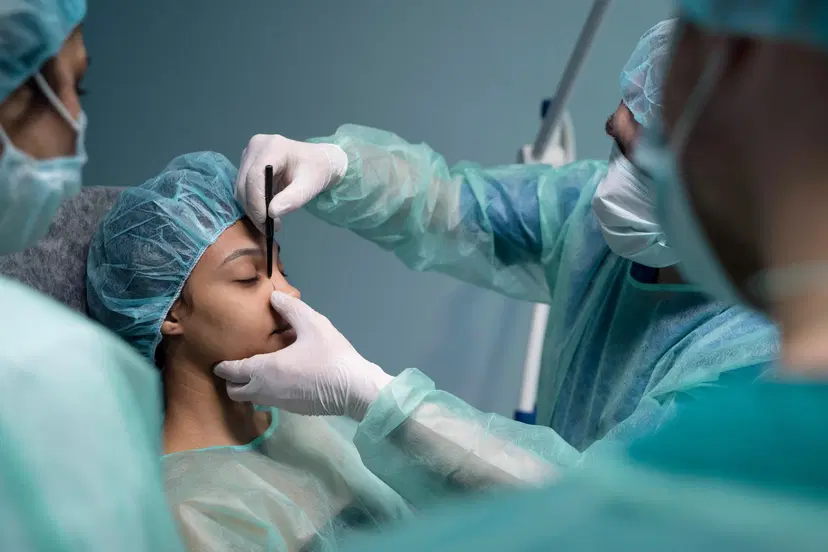What is Plastic Surgery?
Plastic Surgery is a specialized branch of medicine focused on the
restoration, reconstruction, and alteration of the human body.
The term originates from the Greek word “plastikos”, meaning
“to mold or shape.” Plastic surgery is not limited to cosmetic purposes;
it also plays a vital role in reconstructing damaged tissues and improving functionality.
Main Categories of Plastic Surgery
-
Reconstructive Surgery:
This type of surgery aims to restore normal function and appearance
to body parts affected by congenital defects, trauma, burns, or diseases.
Examples include cleft lip repair, burn reconstruction, and scar revision. -
Cosmetic (Aesthetic) Surgery:
These procedures are performed to enhance or improve appearance.
Common examples include rhinoplasty (nose reshaping), facelifts,
breast augmentation, and liposuction.
Why is Plastic Surgery Important?
Plastic surgery provides both functional and psychological benefits.
Reconstructive procedures can restore the ability to perform daily activities
and improve health, while cosmetic surgeries can boost self-esteem and confidence.
Conclusion
In summary, Plastic Surgery is a medical discipline that combines science,
artistry, and advanced techniques to reshape and restore the human body.
Whether for medical necessity or aesthetic preference, it plays a significant
role in improving quality of life.







